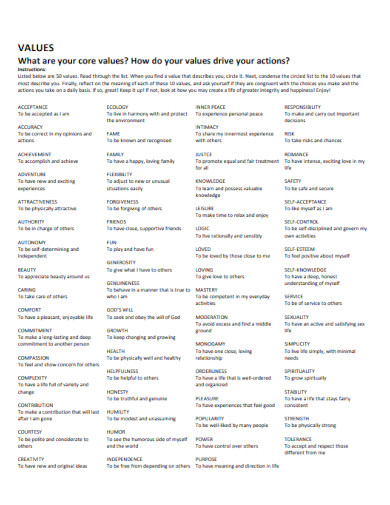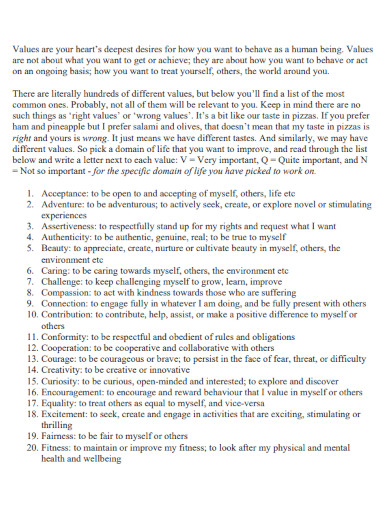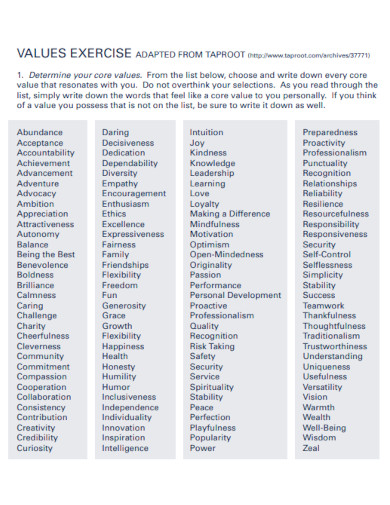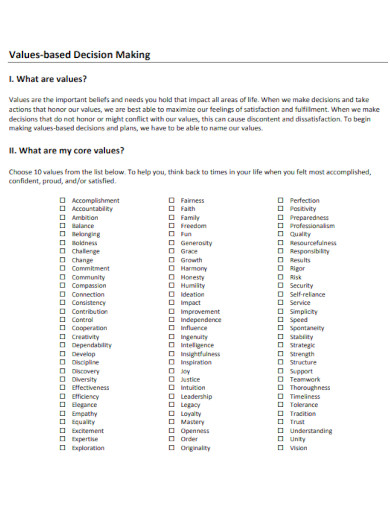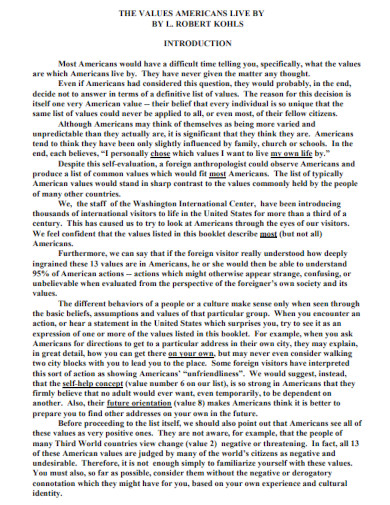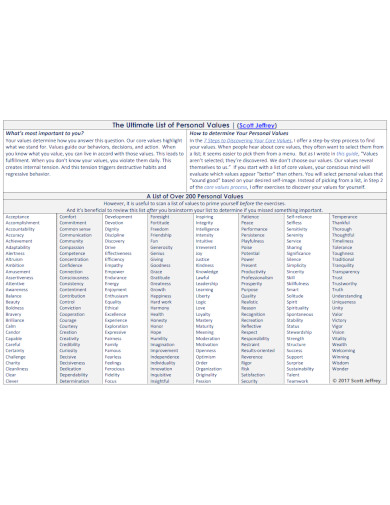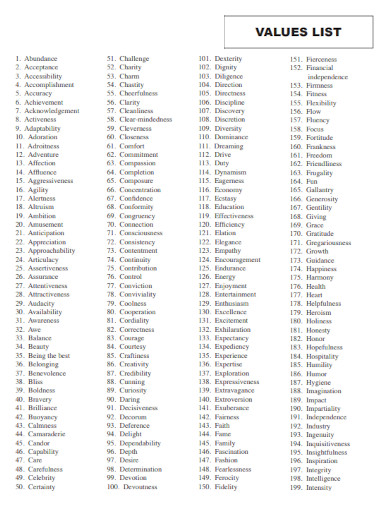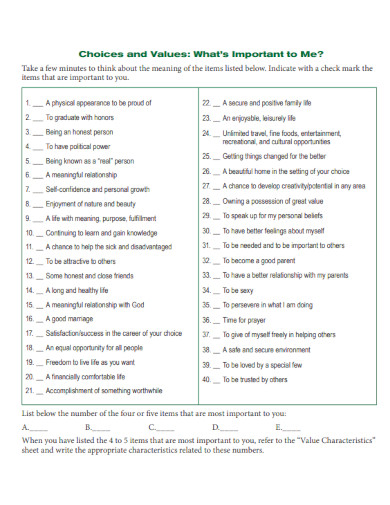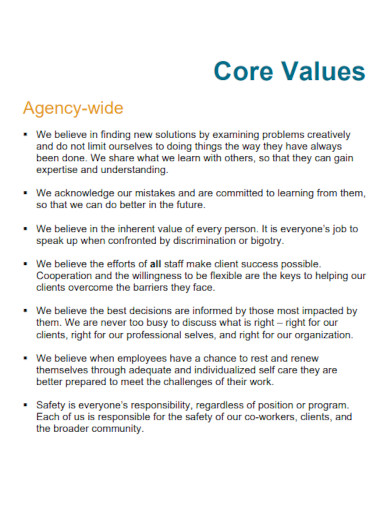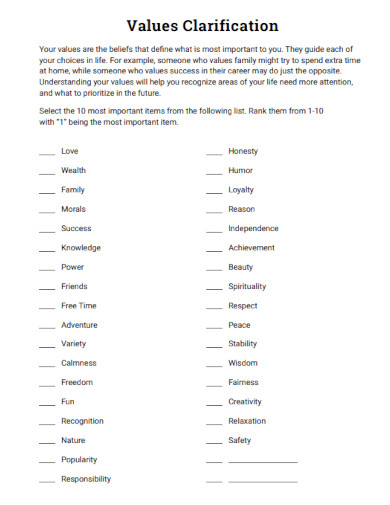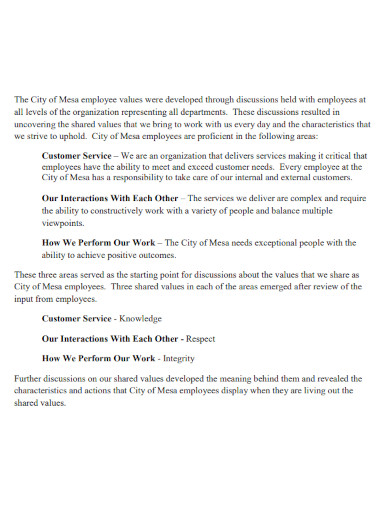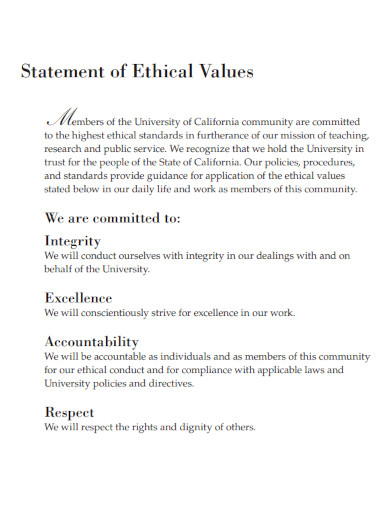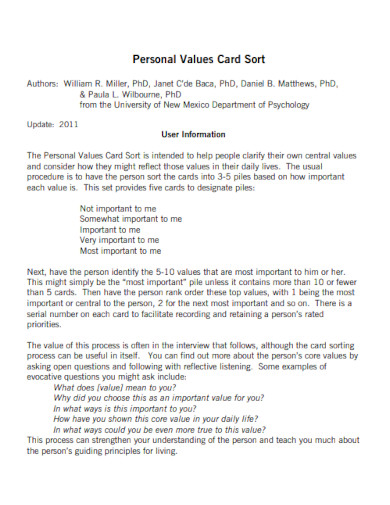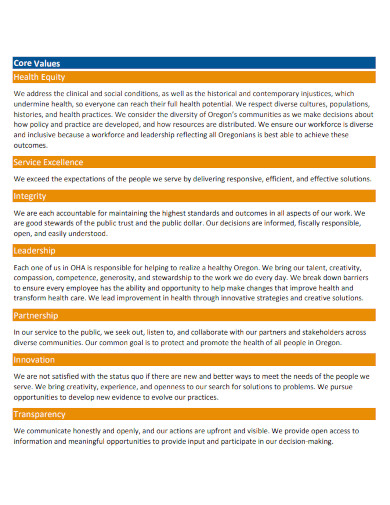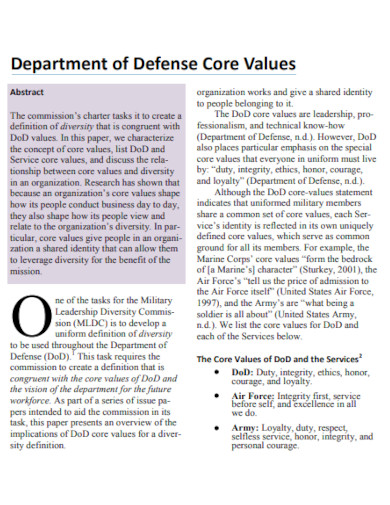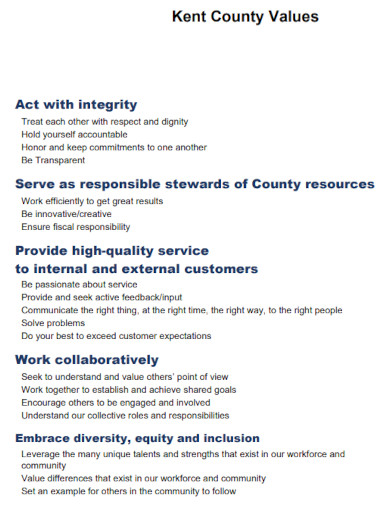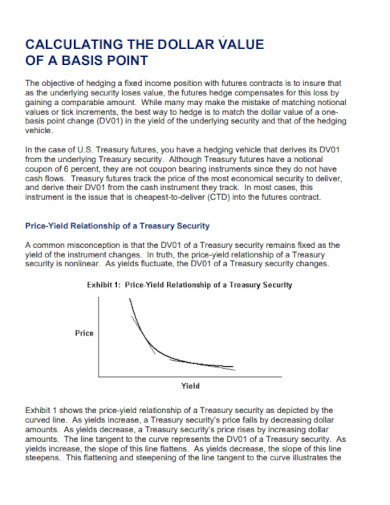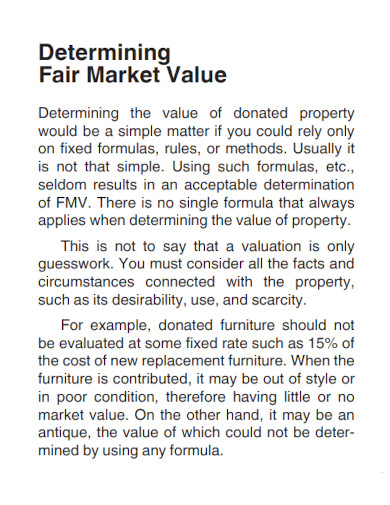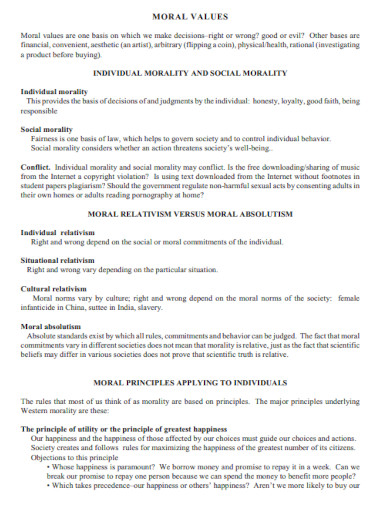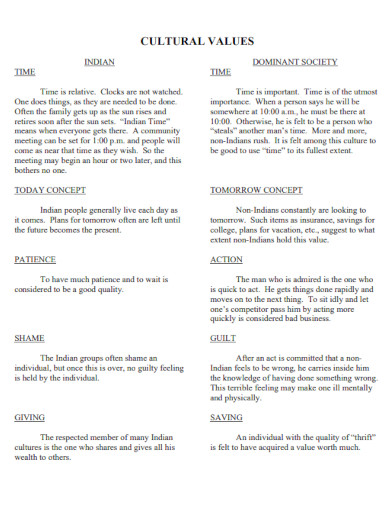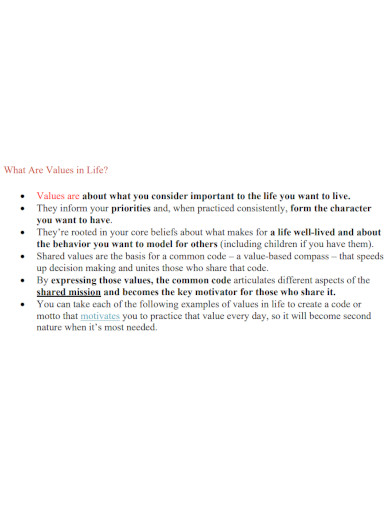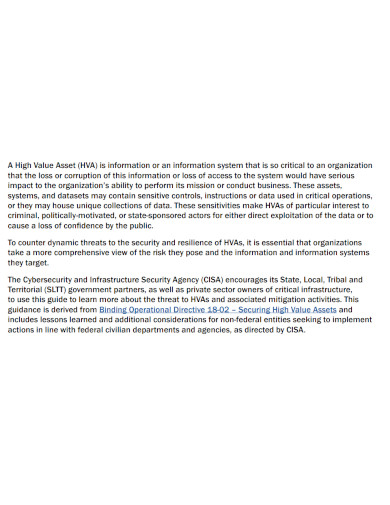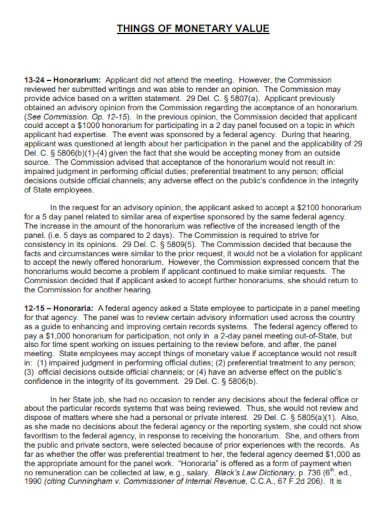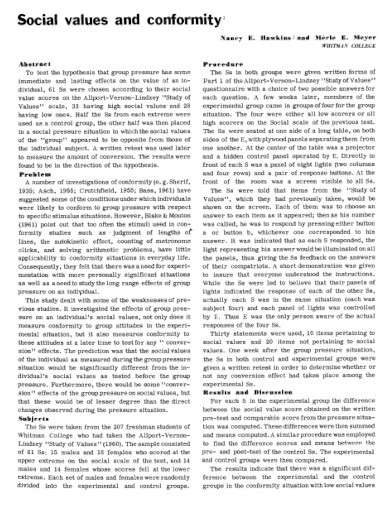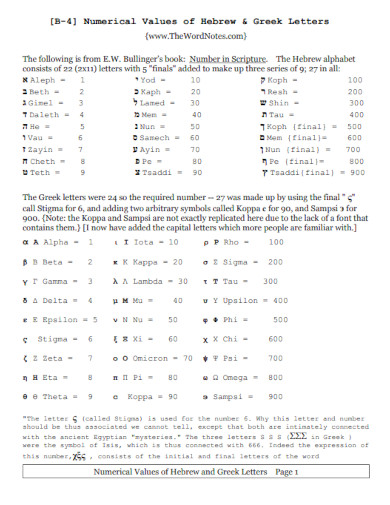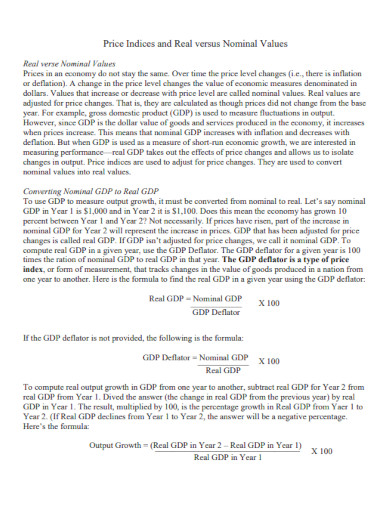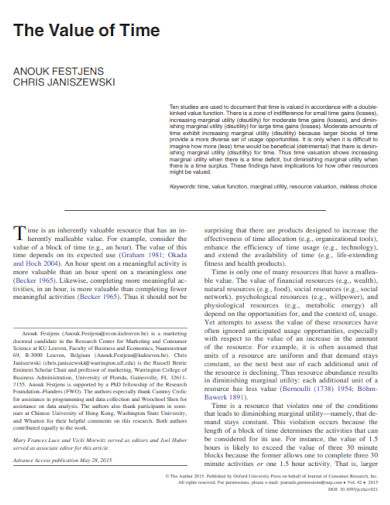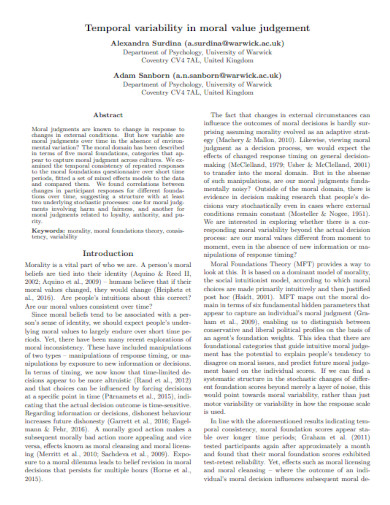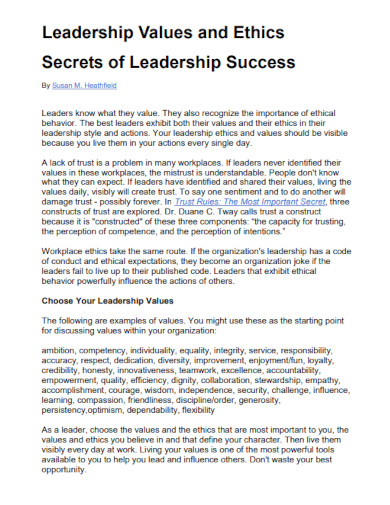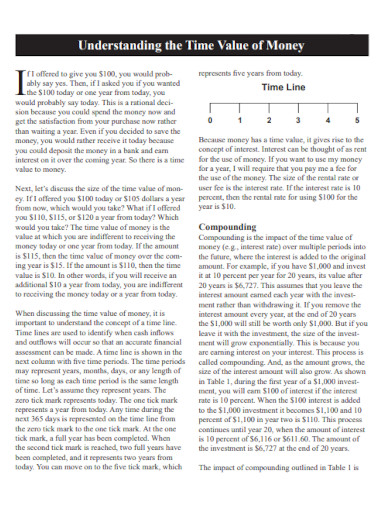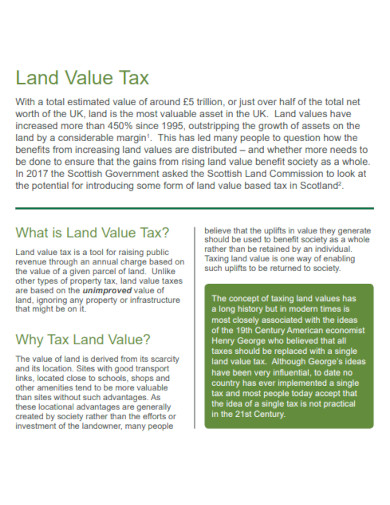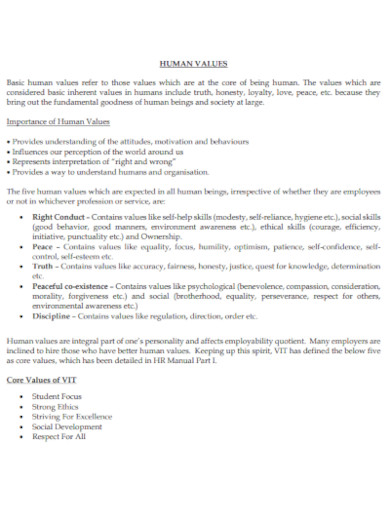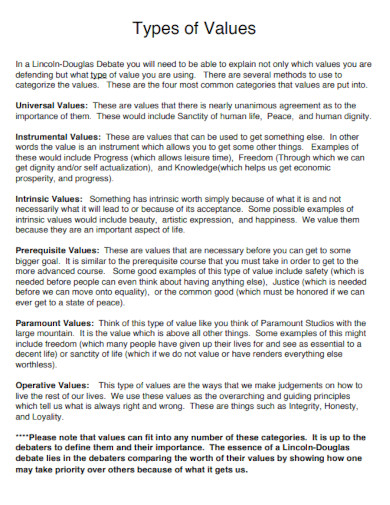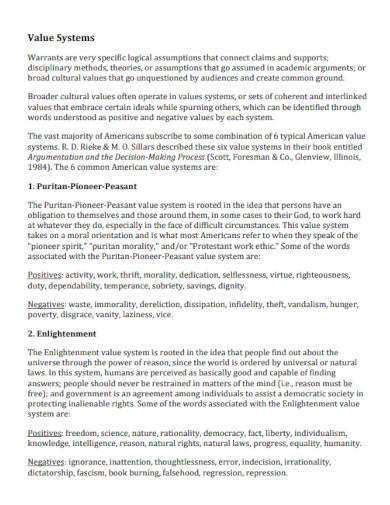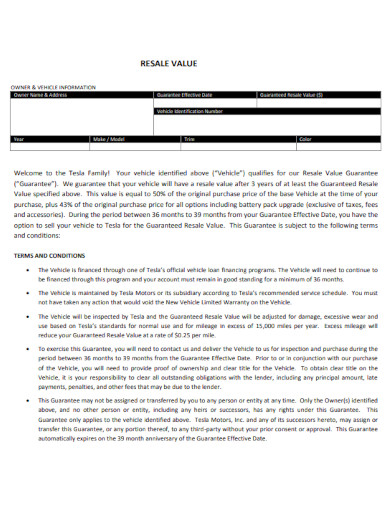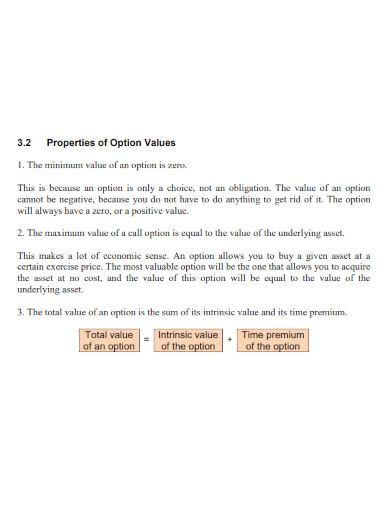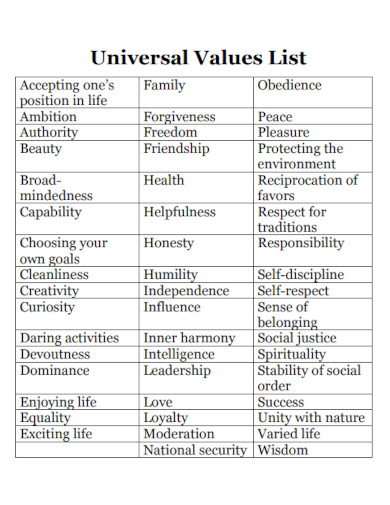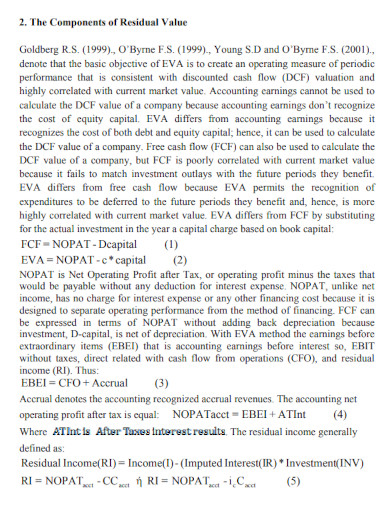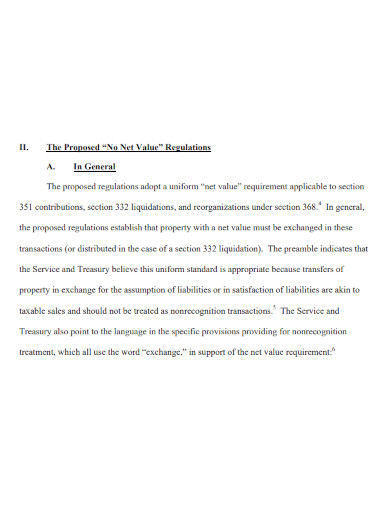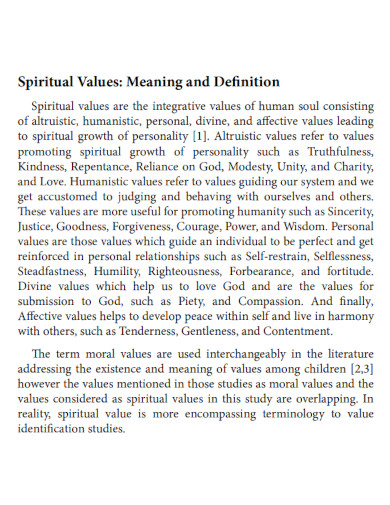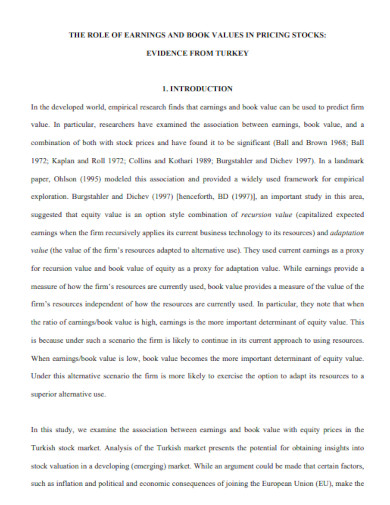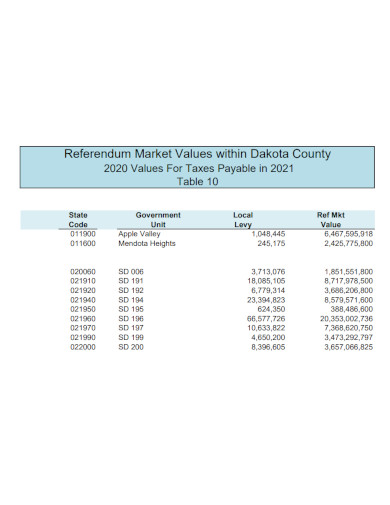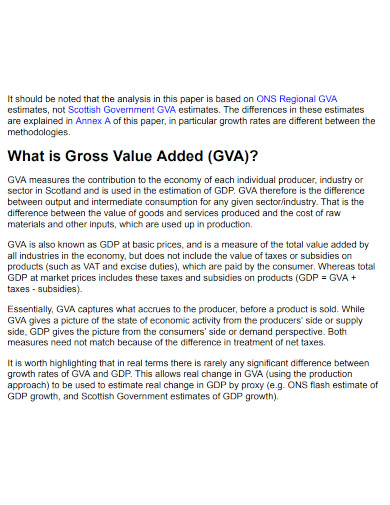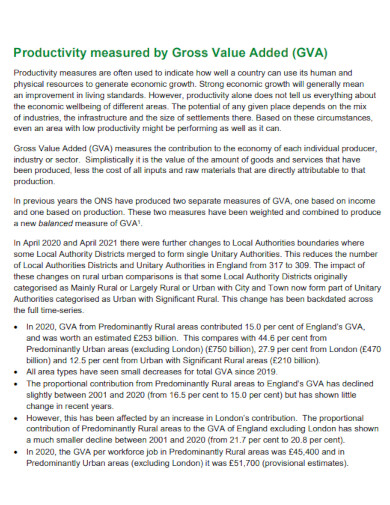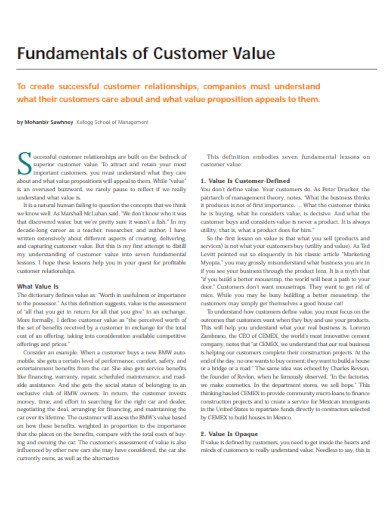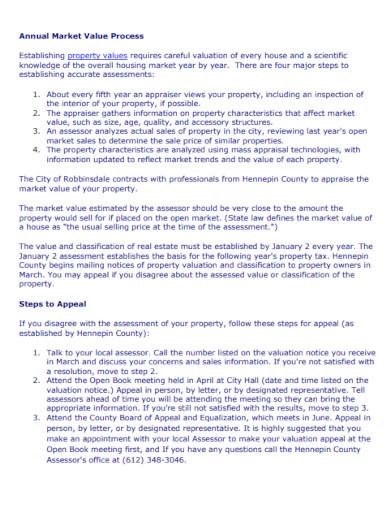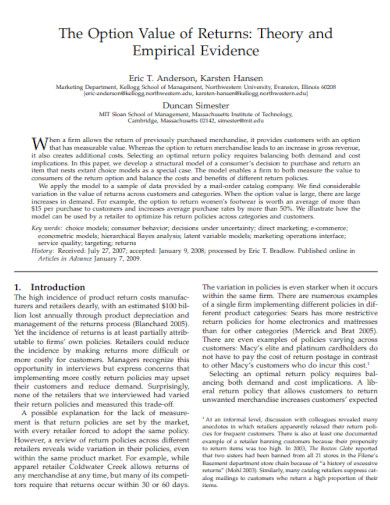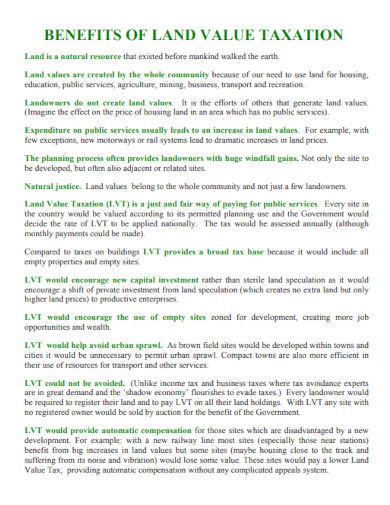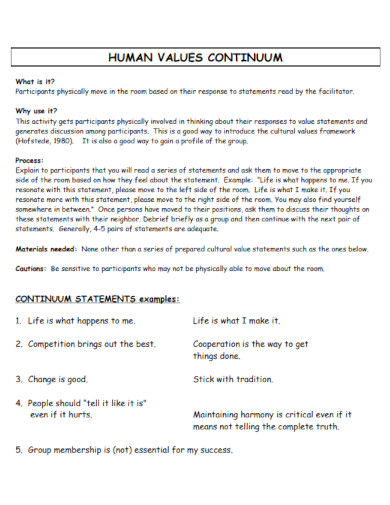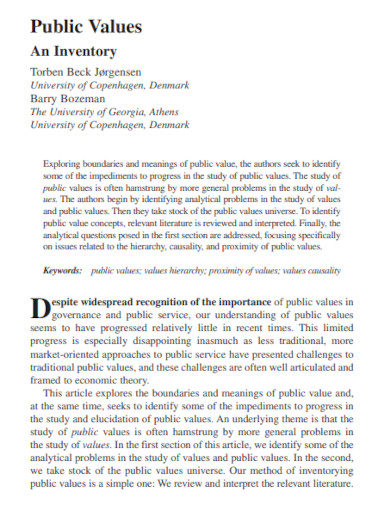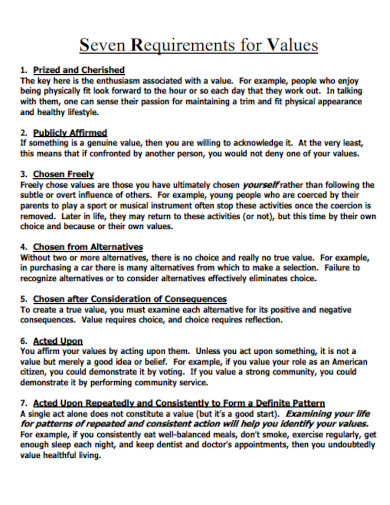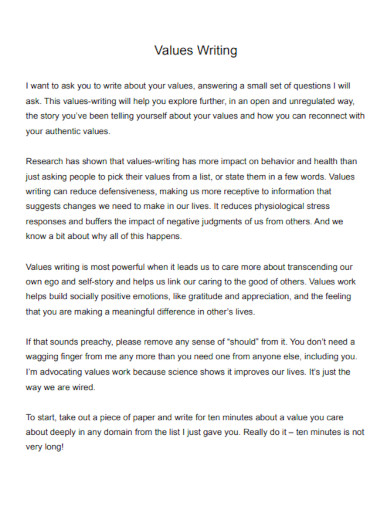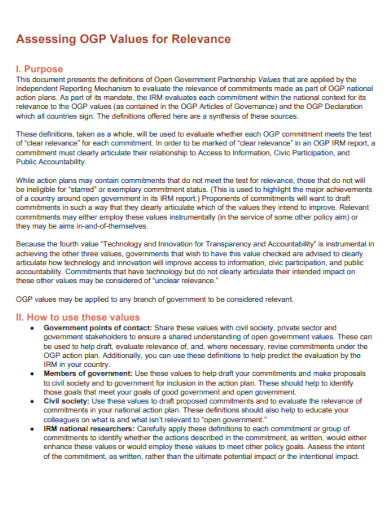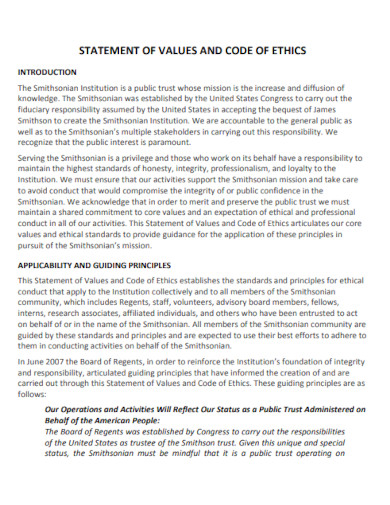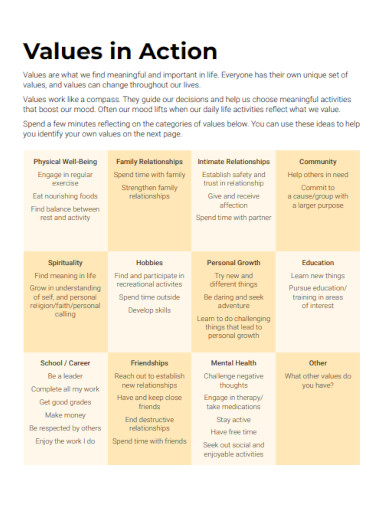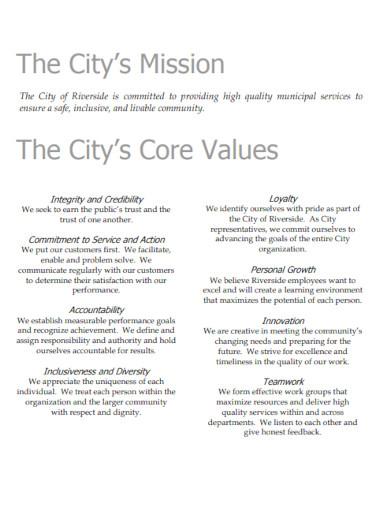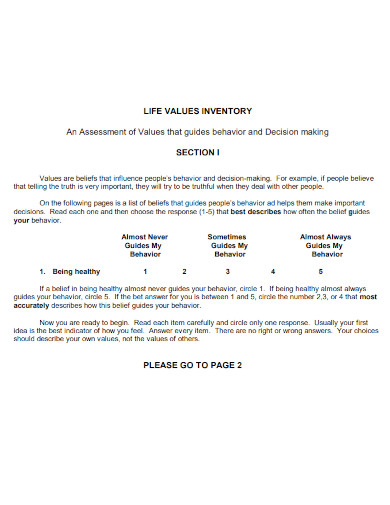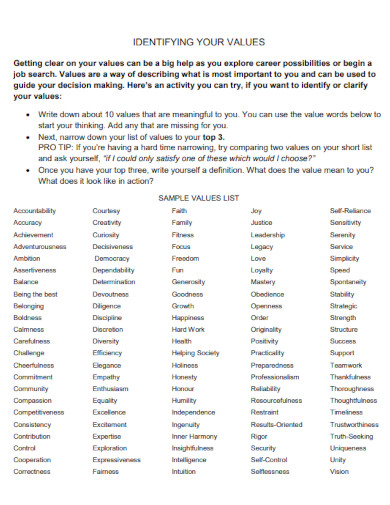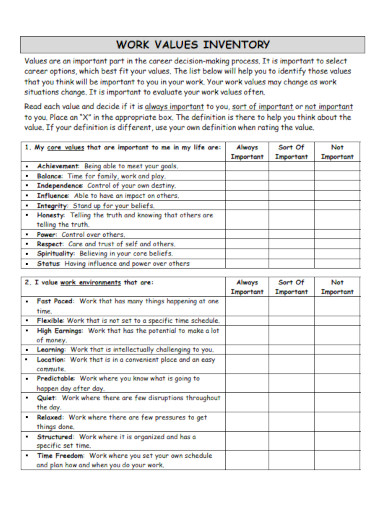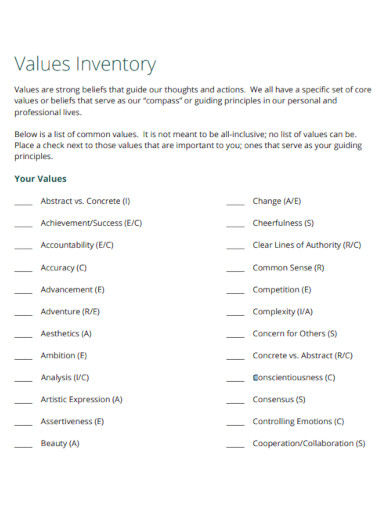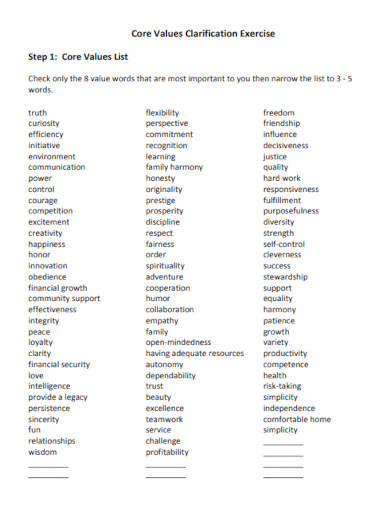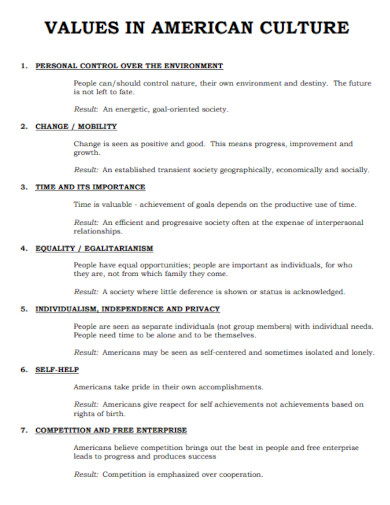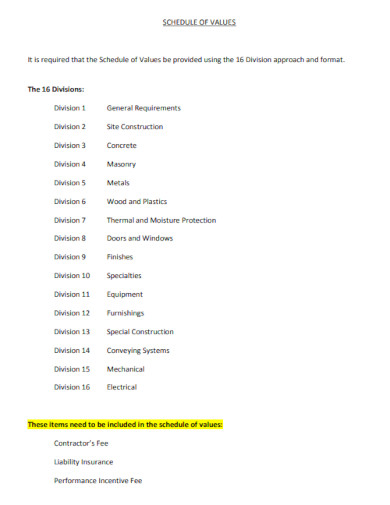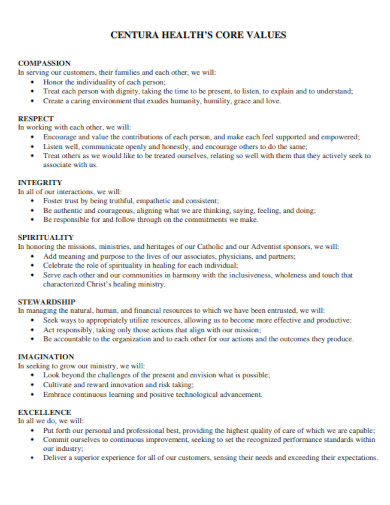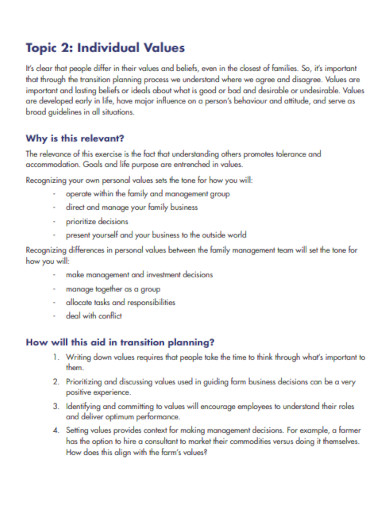99+ Values Examples
A lot of us often hear the words Love, Trust, Hope and Respect in sentences, or we have read them in books, or even hear them from people in some conversations. But are we even familiar with what these words mean or what impact they have on us? You may be familiar with the following words written here and may have an idea as to what they mean, but are they important to us? Of course each person has their own meaning or their own interpretation of the following words. As children, we are told that a person who has values is considered a good person, and that those who do not are evil. This is something that a lot of us may have grown to understand when you think about the word values, however, as time flies, you get yourself to ask, do values still hold some importance to the newer generation? Let’s take a look at what values are and see for ourselves.
1. Values Sample
2. Values PDF
3. Personal Core Values
4. Values Exercise
5. Values-Based Decision Making
6. The Values
7. Core Values
8. Personal Values
9. List of Values
10. Choices and Values
11. Proposed Values Statement
12. Core Values Example
13. Values Clarification
14. Employee Values
15. Statement of Ethical Values
16. Personal Values Card Sort
17. Values and Beliefs
18. Core Values PDF
19. Department of Defense of Core Values
20. Kent County Values
21. Intrinsic Value
22. Face Values
23. High Value Man
24. Dollar Values
25. Values Added
26. Fair Market Value
27. Moral Values
28. Cultural Values
29. Values in Life
30. High Value
31. Monetary Values
32. Social Values
33. Numerical Values
34. Nominal Values
35. Sentimental Values
36. Value of Time
37. Surplus Values
38. Christian Values
39. Values Judgement
40. Extrinsic Values
41. Shock Value Practice Test
42. Leadership Values and Ethics
43. World Values Survey
44. Value of Money
45. Land Value Tax
46. Human Values
47. Types of Values
48. Value System
49. Good Values
50. Currency Value
51. Resale Values
52. Option Values
53. Universal Values
54. Residual Values
55. Net Values
56. Spiritual Values
57. Book Values
58. Market Values
59. Commercial Values
60. Value Addition
61. Gross Value Added
62. Productivity Measured by Gross Value Added
63. Customer Values
64. Aesthetic Values
65. Professional Values
66. Fair Value Accounting Principles
67. Price Value
68. Gold Value Addition
69. Comprehensive Market Values
70. Annual Market Value Process
71. Residual Value Analysis
72. The Option Value of Returns
73. Debt and Currency Value
74. Human Values for the 21st Century
75. Land Values Taxation Benefits
76. Leadership Values and Behaviors
77. Between Intrinsic and Extrinsic Value
78. Human Values Continuum
79. Public Values
80. Seven Requirements for Values
81. Values Writing
82. Values for Relevance
83. Statement of Values
84. Values
85. Values-Aligned Universal School Meals
86. Our Values and Behaviors
87. Values in Action
88. The City’s Core Values
89. Life Values Inventory
90. Functions Versus Values
91. Identifying Values
92. The Values Format
93. Work Values Inventory
94. Values Inventory
95. Core Values Clarification Exercise
96. Values in American Culture
97. Schedules of Values
98. Core Values Poster
99. Health’s Core Values
100. Individual Values
What Are Values?
Values are the beliefs, the views of people that hold them dear to their hearts. An opinion that helps them act or motivates them to act the way that they are supposed to do. In addition to that, values are the roadmaps or the guiding principles for their behavior. A point of view or a kind of attitude that they use in order to adapt to their surroundings and of course to adapt to how they may view themselves, others and the world based on their own culture or how they were raised.
How to Make Core Values
We know that there are a lot of kinds of uses for values. May it be in the form of a subject in school, as a belief system or even for companies or school in general. Core values or values have their very own uses and making new core values may also be a challenge for those who may not have ideas on making one. Nevertheless, you need not worry as the following steps will guide you to making your own core values.
1. Discuss New Values You Can Add
Brainstorming and discussing new values you can add. May it be from old values that you have grown up with, or values you have adopted throughout the years. You can also add some newer values that may not have been well heard of and use them. As long as you are sure that they can be seen as something important to you, to the community or to the organization.
2. Write a Short Statement about the Values
Write down a short statement about what your values are about. Simply writing about your new values will not be enough. You must also add something about it. Guided questions like: Why is this important to you? How can this affect society or the organization? These questions can help you understand what statement you can make for the values that you made.
3. Set Some Importance to the Values
Apart from writing a short statement as to what your values are about, it is also best to set some importance to it. Why do you think that these sets of values are important? What makes them important? Setting some importance to the values you have chosen gives them more of weight to it than to simply state what they are about.
4. Review the New Values
Before you put these values to the test, or before you live through the new values, always remember to review them. Make sure that these values can help others in a way that they can adapt to them. Positive values are always more welcome than negative values, as it can also affect others in a way that they would like to live through them. So make sure that these new values are safe and can be adopted into society.
FAQs
What are values?
Values are words that hold a powerful meaning to someone or a group of people. An opinion that motivates people into acting the way that they have adapted to their society.
What are the most common values?
There are a lot of common values that people these days may not even remember or know. The most common values are love, respect, hope, responsibility, freedom, etc.
Why do you need to know about values?
The reason why we all need to know values is because it has been a part of our culture since the beginning. To be able to understand why we have values makes it easier for us to trace back to what they are and how we may perceive them. Of course there are a lot of different reasons to know about values and how they affect us, but the most common reason is because we are taught about it and we are often told it holds a positive thing we can believe.
A lot of us may see values as something that should be kept in the past, while others may see it as something that should be kept even at present. Regardless of what your opinion about it is, it is no denying that values do affect people differently.


